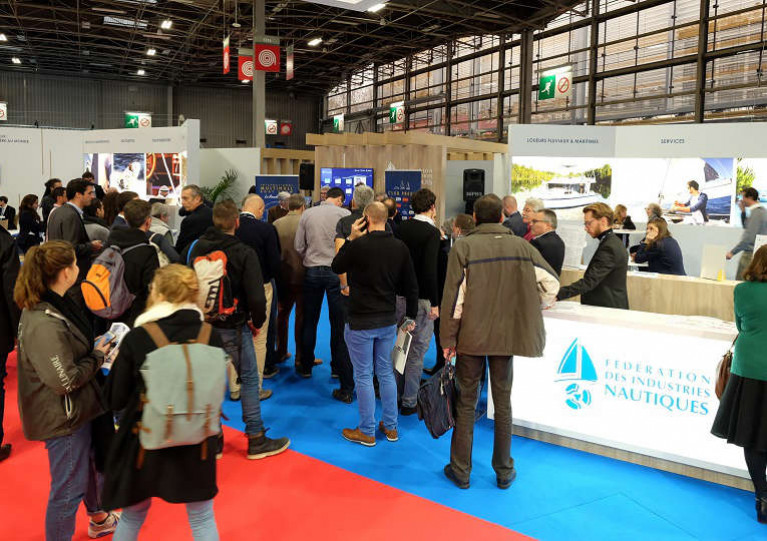Displaying items by tag: Salon Nautique
Paris Boat Show Called Off Over New Event Restrictions In France
This year’s Paris Boat Show has been cancelled in the wake of new coronavirus restrictions in France which would have limited the event to just 1,000 visitors.
The Salon Nautique International de Paris, which is scheduled for December each year, usually hosts more than 200,000 people and over 800 exhibitors — among the regulars being Irish dealers MGM Boats and BJ Marine — at the Porte de Versailles.
Plans has been in place to adapt the 2020 edition to abide by previous rules which limited such exhibitions to 5,000 people and mandated social distancing protocols.
Similar measures were put in place at Europe’s first post-COVID indoor boat show, INTERBOOT at Friedrichshafen in Germany this week, where visitor and exhibitor numbers were reportedly down.
However, with the latestrestrictions those plans are no longer possible, according to organisers the Fédération des Industries Nautiques (FIN).
“The new measures hasten our decision and leave us no choice,” said FIN president Yves Lyon-Caen. “The consequences will be serious, especially for all SMEs for which trade shows are key moments for their turnover.
“The autumn and winter shows are real places of business where 70% of annual orders are processed. They are essential landmarks in our economic ecosystem.
“We will do everything in our power to continue to provide the best possible assistance to all companies in the French nautical sector to get through this new ordeal and to prepare for the future for 2021.”
The FIN says it will soon announce a digital replacement for this year’s Paris Boat Show under the heading ‘tourism, territories nautical destinations and innovation’.
Meanwhile, a free online boat show hosted by Bateaux.com is set to open from Thursday 8 October at boatshow.fr





























































